
by John Boston
Still Bleeding
Another month, another civil rights murder. Viola Liuzzo lived in Detroit and participated in civil rights activities there. Horrified by the carnage of the “Bloody Sunday” attack on civil rights marchers on March 7, she went to Alabama, where the Southern Christian Leadership Conference put her to work on administrative and logistical tasks, including driving volunteers and marchers from place to place as needed.
On March 25, Liuzzo drove some marchers and volunteers from Montgomery back to Selma. On her way back to Montgomery, with a Negro associate in the car, she was passed by a car full of Ku Klux Klansmen, who fatally shot her in the head.

This murder was well publicized, even in remote places like my small town in Kentucky, where it was briefly a major subject of conversation. The consensus: “She should have stayed home with her kids.” The notion that Americans should be able to travel safely in America and that people shouldn't murder other people seems somehow to have been forgotten.
Of course she was not the only one killed by the anti-civil rights forces, though her killing received more publicity than most. The Rev. James Reeb, a Unitarian minister from Boston, was beaten with clubs by segregationists on March 9 and died of his injuries in a hospital. In February, Jimmie Lee Jackson was beaten and shot by state troopers who attacked civil rights marchers and then pursued marchers who took refuge from the violence in a cafe. His death prompted the Selma-Montgomery march.
Looks like there’s a long way to go.
The Issue at Hand

by Gray Morrow
The end is much nearer for the departing regime at Amazing. This next to last Ziff-Davis issue is fronted by one of the more ill-considered covers to appear on the magazine. It features what looks like a theatrical mask, with several items of disconnected clockwork behind it, against a sort of green starscape. Well, the colors are nice. It illustrates or represents in some fashion Poul Anderson’s two-part serial The Corridors of Time, which begins in this issue (though there’s no corridor to be seen on the cover; probably just as well).
The Corridors of Time (Part 1 of 2), by Poul Anderson
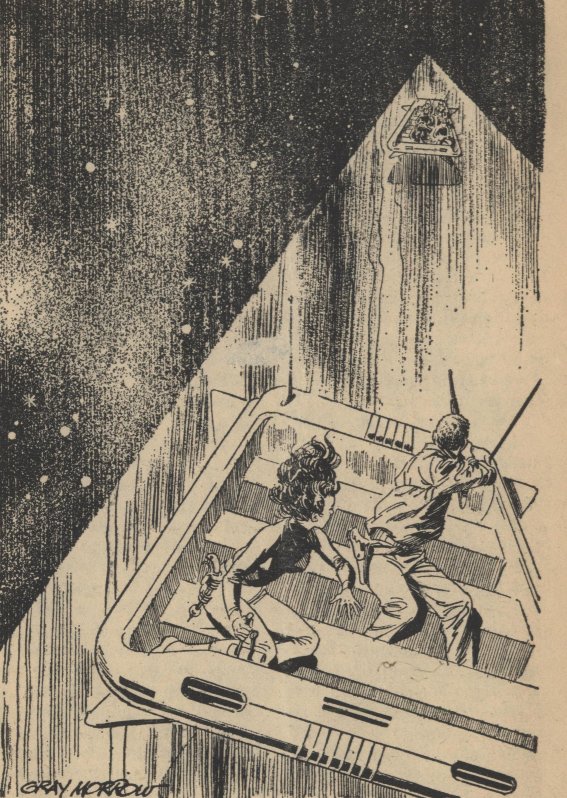
by Gray Morrow
I will await the end of the Anderson serial before commenting, as is my practice. A quick look indicates that it is a time war or time policing story, in the general territory of Asimov’s The End of Eternity and Leiber’s The Big Time, not to mention Anderson’s own Time Patrol stories, and the protagonist is dispatched to Northern Europe around 1200 B.C. More next month.
The Survivor, by Walter F. Moudy
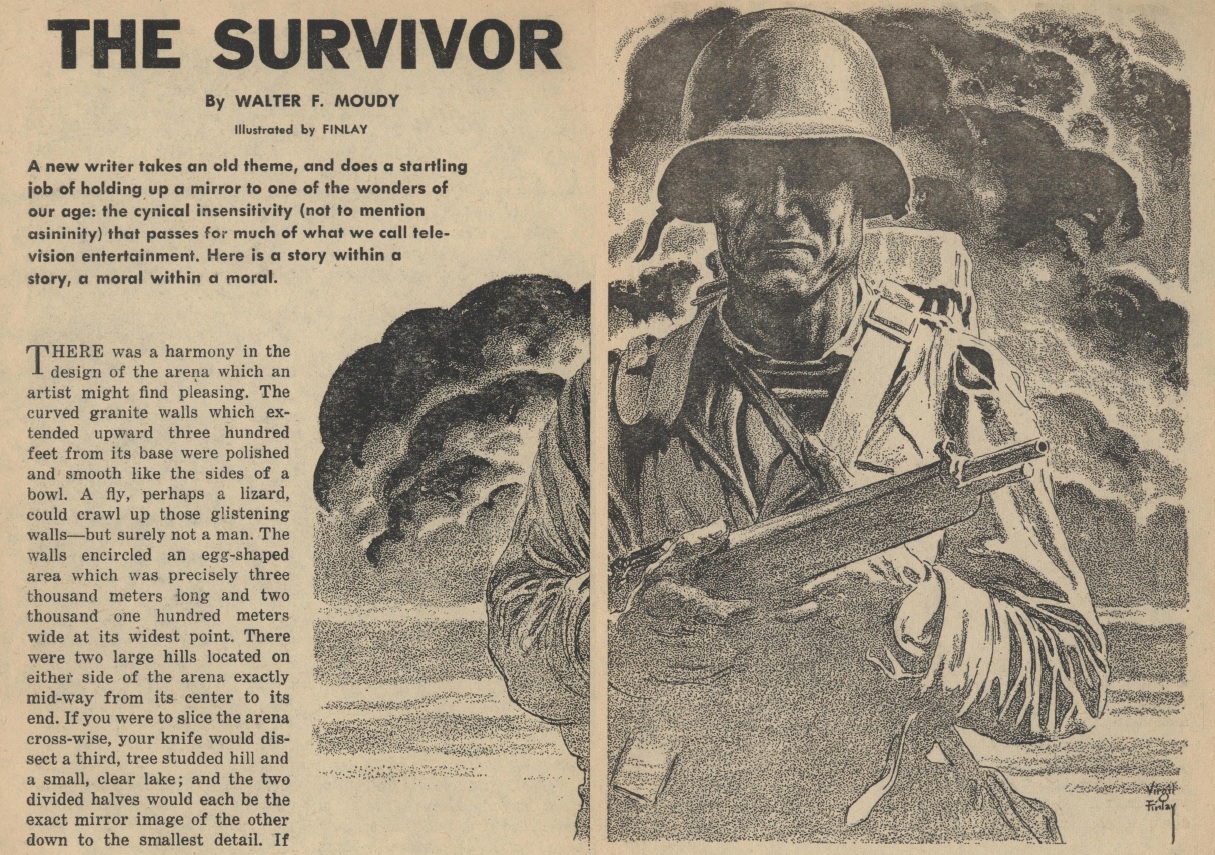
by Virgil Finlay
Walter F. Moudy, who has published a novel but whose first magazine story appeared only last month, contributes the novelet The Survivor, another in the growing genre of future violence-as-entertainment. That roster includes last month’s lampoon by John Jakes, There’s No Vinism Like Chau-Vinism, a couple of Robert Sheckley stories, Charles V. De Vet’s energetic Special Feature from Astounding in 1958, and no doubt others. In the future, Moudy proposes, the US and Russia are still antagonists, but now they channel their rivalry into the Olympic War Games: each side puts 100 armed soldiers into an arena 3000 meters long and 1000 meters wide, and they fight it out until one side is eliminated, and the viewers out in TV-land see every drop of blood.
The author alternates between a fairly naturalistic account of the thoughts and experiences of the clueless Private Richard Starbuck as he fights, wonders why he is doing it, is grievously wounded, and nearly dies, and the performances of the commentators and their special guests, which treat the event just like the sporting matches we are all familiar with. This is 99% of a pretty good story, with the TV commentary close to pitch-perfect, and the effects on the protagonist of immersion in pointless and terrifying violence are well rendered.
Unfortunately Moudy trips over his feet in the last paragraph with a gross departure from Show Don’t Tell, beating the reader over the head with his message rather than letting events speak (or scream) for themselves. This is the sort of rookie mistake that editors are there to save writers from, and they didn’t. This provides at least a scintilla of support for the charge by Science Fiction Times that the editors seemed to have lost interest. Three stars, unfortunately; it was on its way to four.
The Man from Party Ten, by Robert Rohrer
Robert Rohrer embraces cynicism unreservedly in The Man from Party Ten, a characteristically well-turned, quite short story about factional warfare in the ruins of an extraterrestrial Earth colony, as brutal within its shorter compass as Moudy’s longer story, though also more obviously contrived. Nonetheless, well done. Three stars.
Over the River and Through the Woods, by Clifford D. Simak
Relief from brutality arrives in the issue’s last story, Clifford D. Simak’s Over the River and Through the Woods, an unassuming small masterpiece. A couple of strange kids appear at a farmhouse in 1896 and address the older woman working in the kitchen as their grandma. It is quintessential Simak: Ordinary decent person confronted with the extraordinary responds with ordinary decency. It’s plainly written without a wasted word, deftly developed, asserting its homely credo with quiet restraint, all in eight pages. Wish I could do that. Wish more writers would do that. Five stars.
Yardsticks in Space, by Ben Bova
This month’s nonfiction piece is Ben Bova’s Yardsticks in Space, about the measurement of stellar distances. It's typical fare from this writer: reasonably interesting material rendered in a fairly humdrum style under a humdrum title. Perfectly readable but a far cry from the better efforts of Isaac Asimov and Willy Ley. Two stars.
Summing Up
So, not bad: one excellent story, one that’s quite good until the very end, and one capable story, plus a reasonably promising-looking serial by a prominent if uneven author, and no Robert F. Young or Ensign De Ruyter! Maybe Goldsmith and Lobsenz will go out on a relatively high note.
We had so much success with our first episode of The Journey Show (you can watch the kinescope rerun; check local listings for details) that we're going to have another one on April 11 at 1PM PDT with The Young Traveler as the special musical guest. As the kids say, be there or be square!



![[April 12, 1965] Not Long Before the End (May 1965 <i>Amazing</i>)](https://galacticjourney.org/wp-content/uploads/2020/04/650412cover-672x372.jpg)

![[March 12, 1965] Sic Transit (April 1965 <i>Amazing</i>)](https://galacticjourney.org/wp-content/uploads/2020/03/amz-0465-cover-672x372.png)



![[February 12, 1965] Mirabile Dictu, Sotto Voce (March 1965 <i>Amazing</i>)](https://galacticjourney.org/wp-content/uploads/2020/02/amz-0365-cover-524x372.png)


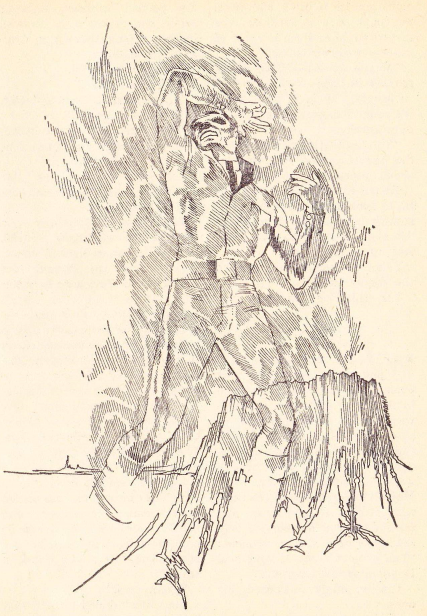
![[January 12, 1965] Last Minute Reprieve (the February 1965 <i>Amazing</i>)](https://galacticjourney.org/wp-content/uploads/2020/01/amz-0265-cover-1-521x372.png)



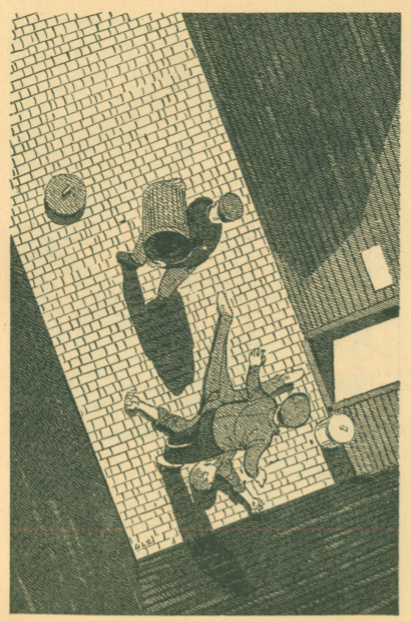
![[December 13, 1964] Save us from Yourselves (January 1965 <i>Amazing</i>)](https://galacticjourney.org/wp-content/uploads/2019/12/641213cover-480x372.jpg)









![[November 11, 1964] Unloading (December 1964 <i>Amazing</i>)](https://galacticjourney.org/wp-content/uploads/2019/11/amazing-6412-cover-493x372.png)


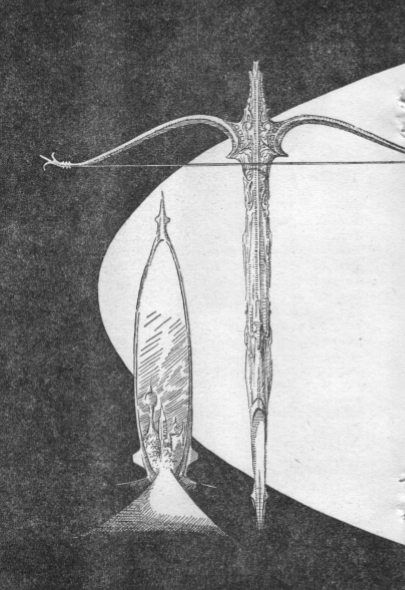



![[October 12, 1964] Slow Cruising (November 1964 <i>Amazing</i>)](https://galacticjourney.org/wp-content/uploads/2019/10/641010cover-672x372.jpg)








![[September 12, 1964] A Mysterious Affair of Style (October 1964 <i>Amazing</i>)](https://galacticjourney.org/wp-content/uploads/2019/09/amz1064cover-618x372.png)

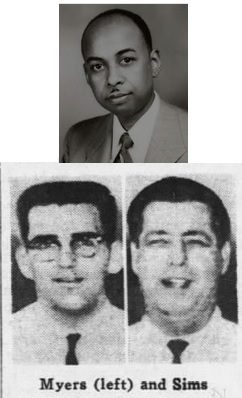
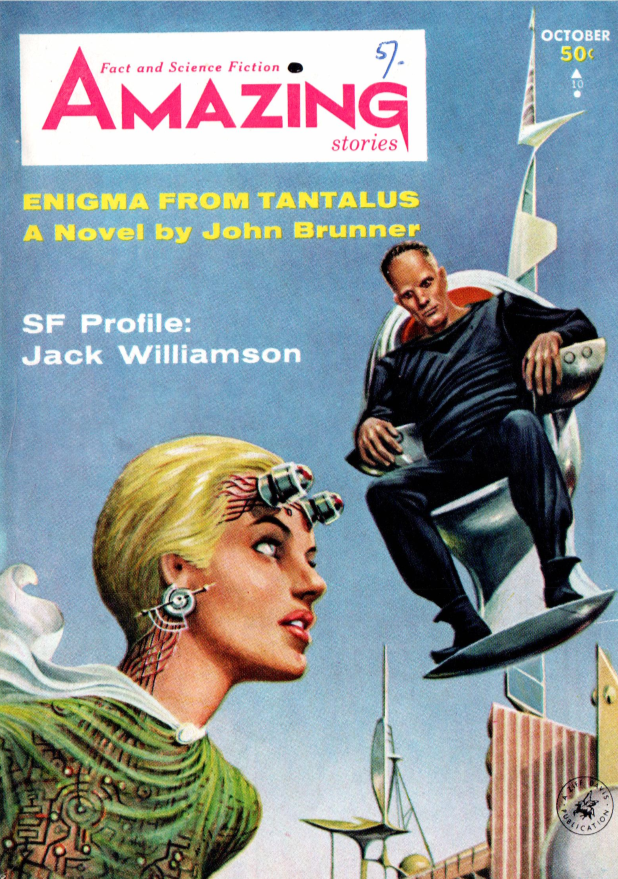
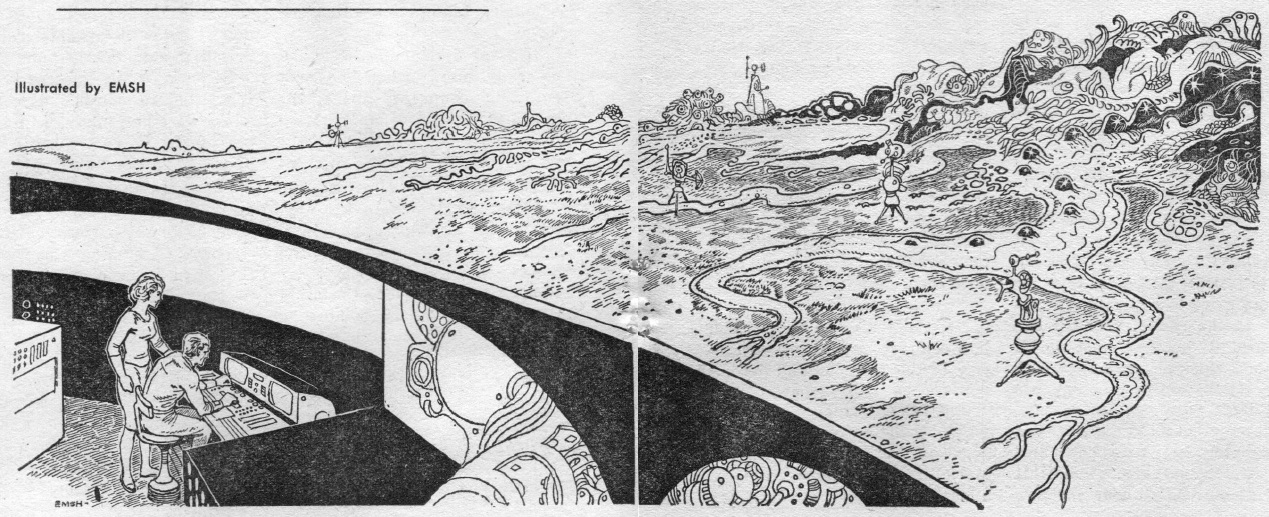 by Ed Emshwiller
by Ed Emshwiller




![[August 13, 1964] Plus ça change (September 1964 <i>Amazing</i>)](https://galacticjourney.org/wp-content/uploads/2019/08/amz0964cover-2-649x372.png)



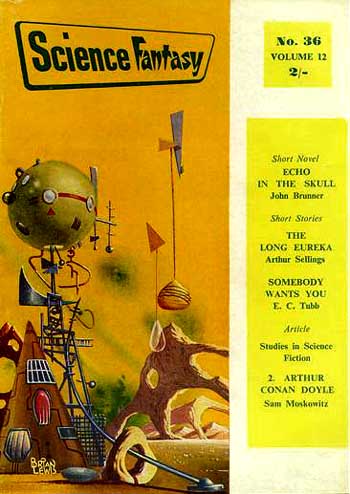



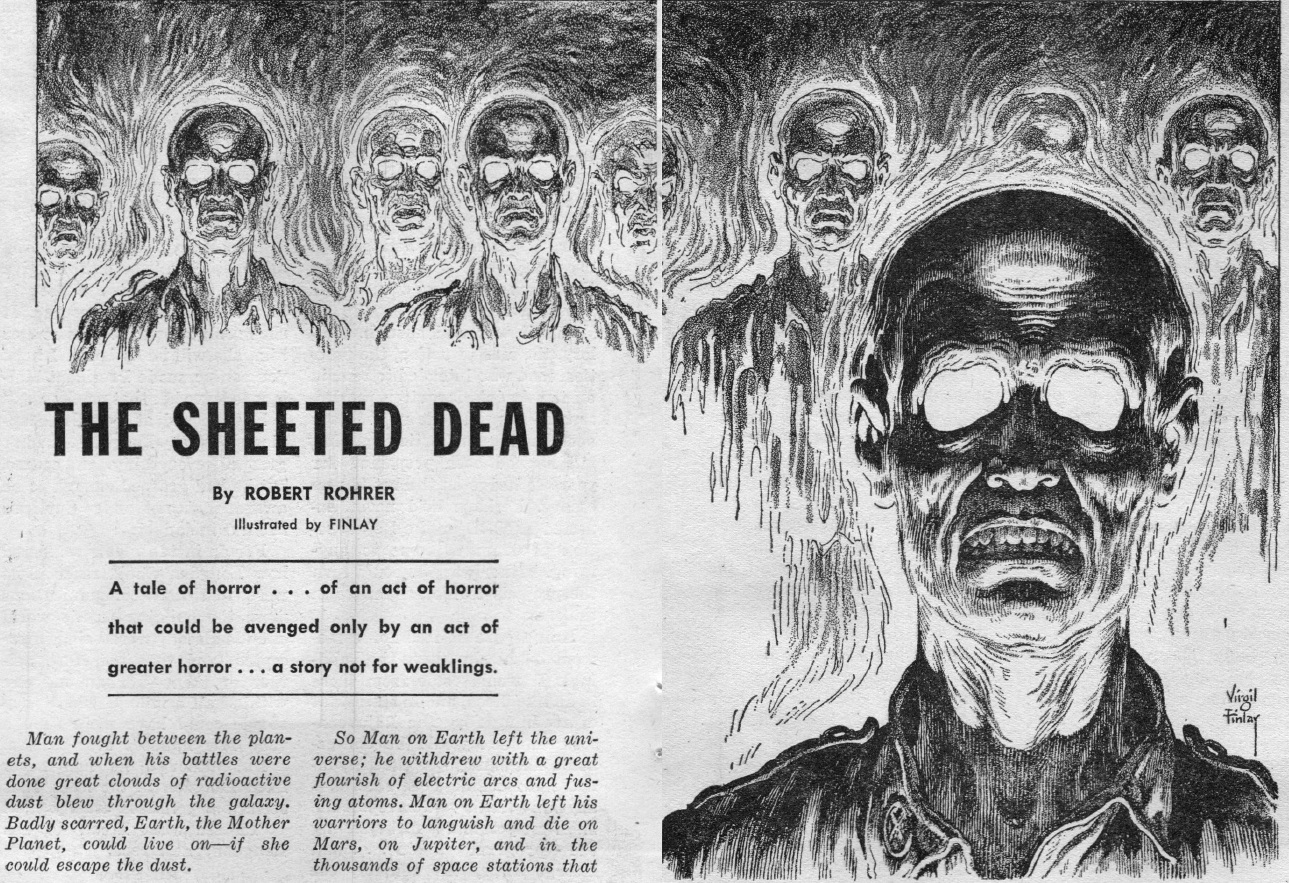

![[July 14, 1964] TO THE MOON, ALICE (the August 1964 <i>Amazing</i>)](https://galacticjourney.org/wp-content/uploads/2019/07/640714cover-659x372.jpg)








